Testing Indonesian National FSC standard
The purpose of this project was to test the auditability of the Indonesia National Forest Stewardship. The field test was conducted in PT Wana Subur Lestari in September 2018. Various documents were reviewed, a wide range of sites were visited, many interviews were completed and the communities which may be impacted by this standard were consulted.
The challenge
Preferred by Nature believes that our active participation in standards development allows us to remain well informed and involved in shaping the future of FSC and – in this case – the FSC national forest management standard for Indonesia. Furthermore, Preferred by Nature is working closely with the New Approaches Initiative from FSC, of which this process could truly benefit the smallholders.
The key objectives of the project were:
1) To undertake a practical test of the application of Draft 2.0 of the Indonesia – National Forest Stewardship Standard (Indonesia NFSS). This test included assessments of the following:
- clarity of indicators and normative annexes;
- auditability of indicators and normative annexes;
- availability and ability to generate data required to meet indicator;
- the level of variation between Scale Intensity and Risk levels;
- utility of guidance; and
- broader applicability in the overall Indonesian context.
2) To gain forest manager feedback on the practical applicability of the standard draft.
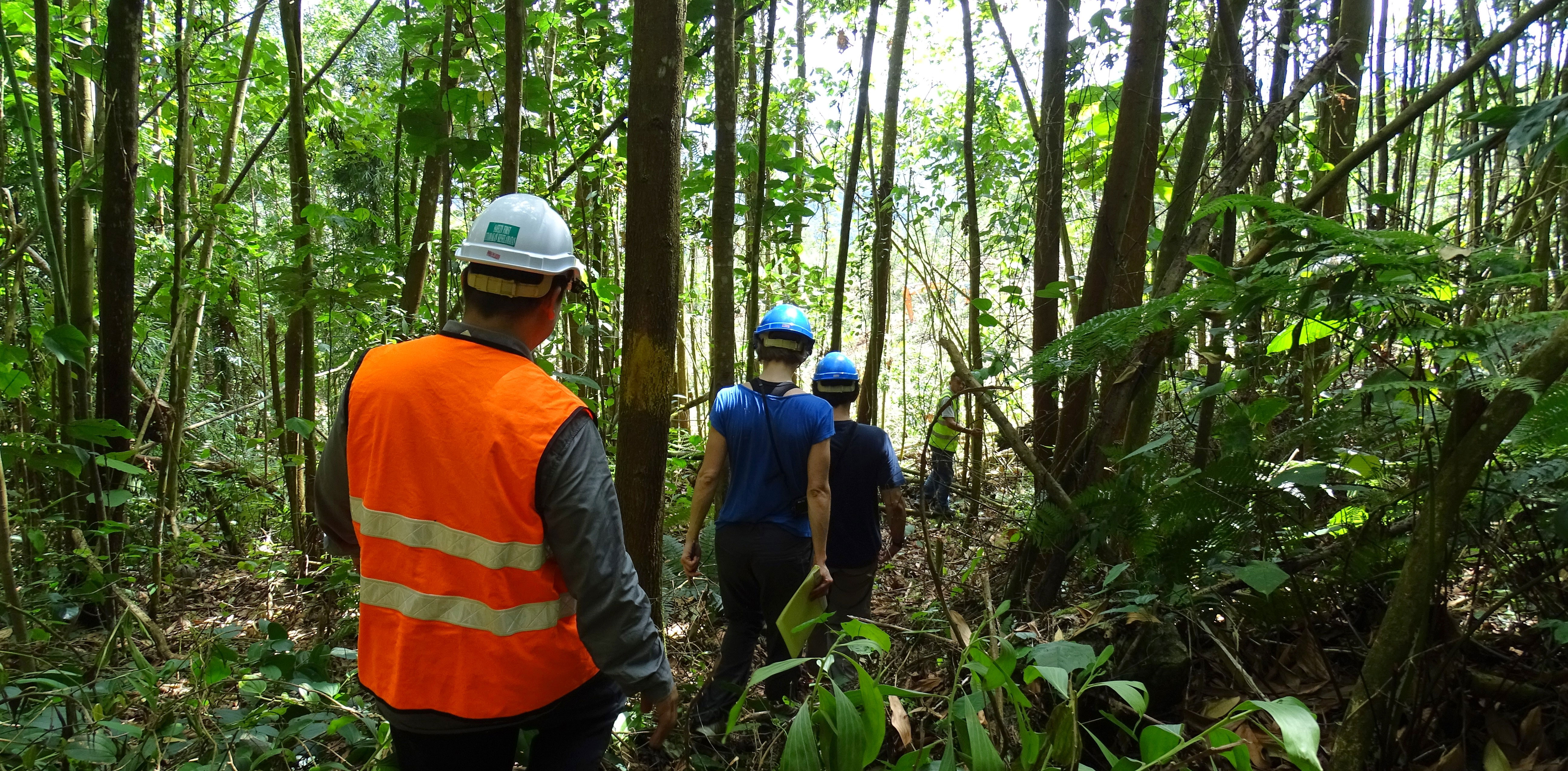
Project approach
The general approach for forest testing of the Indonesia NFSS was based on the Process Requirements for the Development and Maintenance of National Forest Stewardship Standards (FSC standard for FSC-STD-60-006 V1-2), section 8 & 9, Forest testing.
The field test was conducted by a team of 4 auditors/experts led by an international lead auditor; and these were supported by three representatives (as observers) from the Standard Development Group (SDG) Indonesia during the field work.
The field test was conducted in PT Wana Subur Lestari (PT WSL, West Kalimantan) during September 2018. The team reviewed several documents, covered a wide range of PT WSL operations/sites (such as harvesting, plantation, HCV areas, monitoring plots, logged over areas, nursery, and others), plus interviews with the FME staff. Furthermore, communities that may have been influenced by the standard was also consulted.
Other important components of the methodology included:
- Stakeholder consultation
- Desk review of the Indonesia NFSS
Project results
Preferred by Nature provided a work plan for review and approval from SDG prior to the field test. Based on the field test, Preferred by Nature provided a PowerPoint presentation with a summary of the field testing which were discussed with the SDG members. Preferred by Nature auditors also provided a full draft and final version of the report taking into account the comments from SDG members.
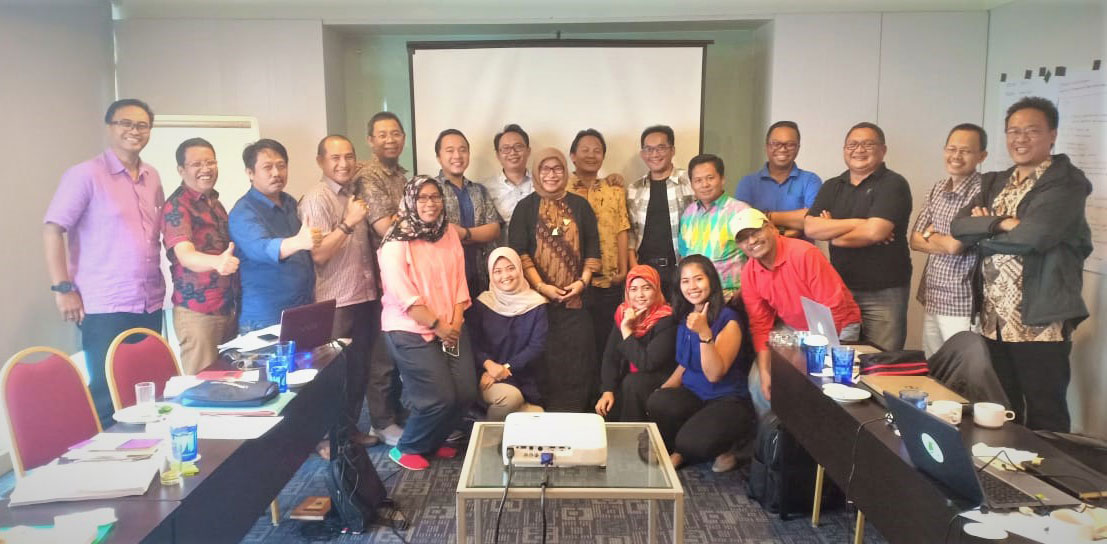
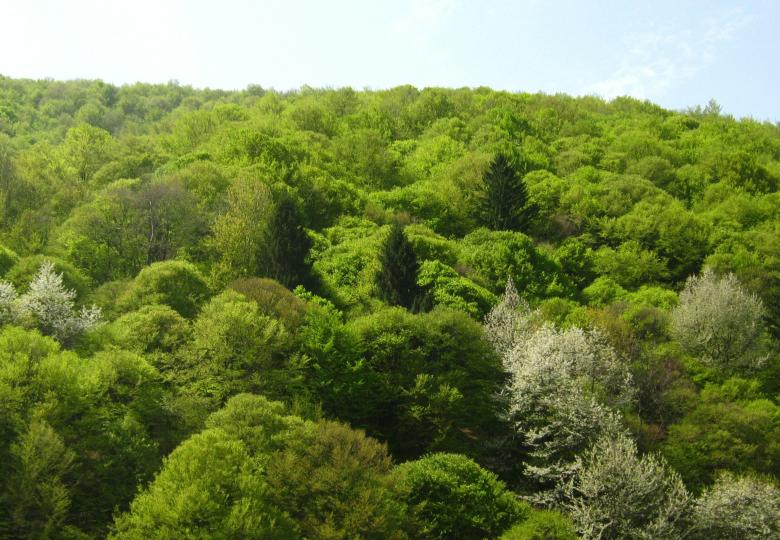
Sustainable Management of Small Forest Properties for Resilient Forests in Europe (SMURF)
Europe's forests, crucial for their ecological and economic value, face mounting threats. Climate change fuels extreme weather eve...
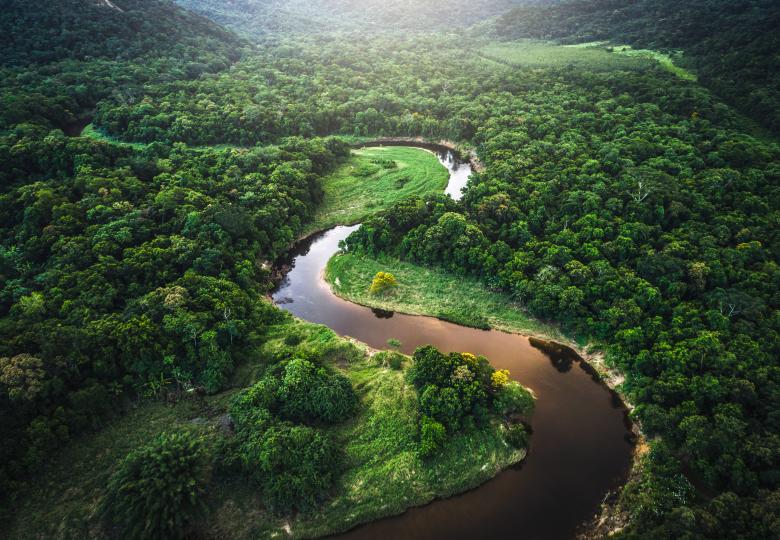
Innovation Alliance for Training Programmes for Deforestation-Free Supply Chains in Europe (EMM...
Deforestation is the primarily result of the expansion of agricultural land for forest risk commodities (FRCs) such as cattle, woo...
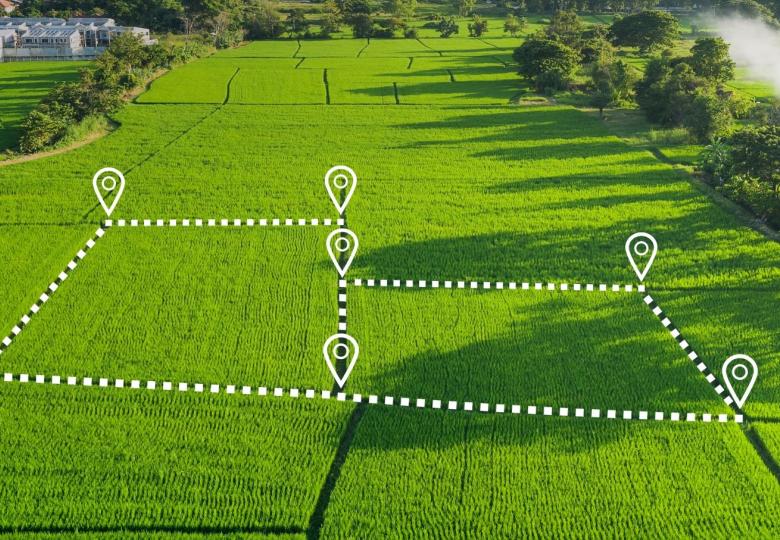
FAO Geolocation collection and communication protocol
In an effort to combat deforestation and promote tools which enhance global monitoring and supply chain traceability, Preferred by...

Preferred by Nature conducts mid-term evaluation for Sabah Landscapes Programme, Malaysia
Forests are intrinsic to the balance of life in Sabah, Malaysia. However, decades of irresponsible logging and clearance for oil p...